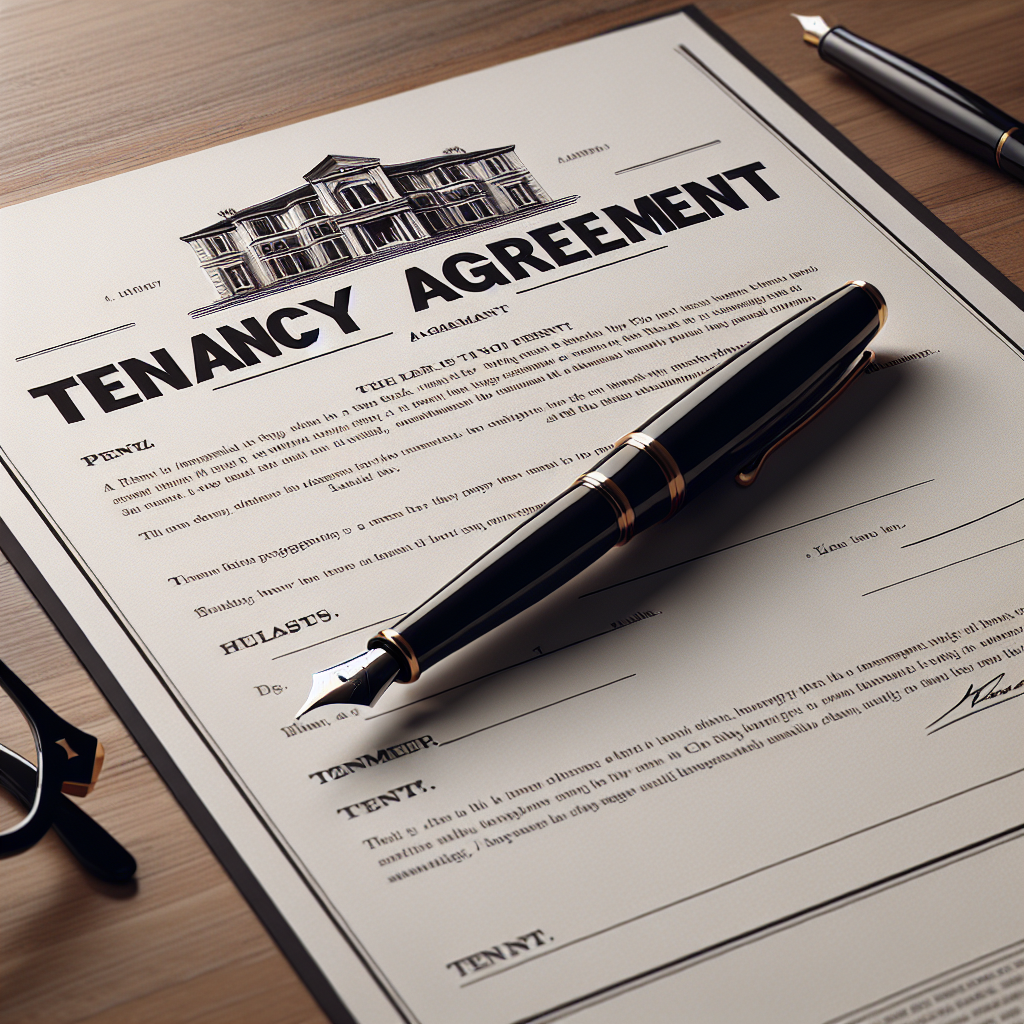Essential Information for Landlords Regarding Tenancy Legislation, in Ireland
By donna9376 / June 19, 2025 / No Comments / Investor & Landlord Advice

Being a landlord in Ireland means it’s crucial to grasp the ins and outs of tenancy law – not just a wise move, but a must for compliance and financial security as well. The rental market in Ireland has undergone a significant transformation in recent years, driven by shifting population trends, heightened housing needs, and stricter laws in place. Whether you’re a new landlord or managing a portfolio of properties, staying informed about the latest updates is crucial to safeguarding your assets and fostering positive relationships with your tenants.
This guide offers an in-depth examination of the information that landlords in Ireland should be aware of regarding tenancy laws as of 2025.
The function of the Residential Tenancies Board (RTF).
The Residential Tenancies Board (RTB), which oversees the rental market in Ireland, is responsible for managing tenancy registration and enforcing laws that are related to renting properties, as well as resolving disputes that may arise between landlords and tenants.
Maintaining a list of agreements accessible to the public. Settling disagreements between landlords and tenants. Publishing articles on the rental trends and data analysis.
As a landlord, you must register each tenancy with the RTN within one month of its commencement date. Failure to do so may result in penalties of up to € 4,000 and potential consequences.
Knowing the types of rental agreements can help you determine your responsibilities and entitlements. During the duration of a contract, which typically spans six to twelve months, the terms remain fixed unless both parties reach a mutual understanding to alter them.
Upon completing six months of rental (without any contract violations), the lease transitions to an “unlimited duration” status as per the revised regulation allowing landlords only to end such leases based on specific grounds stipulated by the RTW. Rent control and Rent Pressure Zones (RPZs), including the measures taken to regulate prices in certain areas, are topics that warrant further discussion.
In Rental Pressure Areas (RPAs), a limit is set for annual rent hikes at 2% or the Harmonised Index of Consumer Prices—whichever is lower. Landlords are required to present three properties as proof when determining rent in areas outside of rent pressure zones. Exclusions are present in cases, like those involving renovated buildings.
Breaking the regulations of the Restricted Parking Zone (RPZ) may result in fines. Having to pay rent from previous dates. The legal guidelines restrict the amount of security deposits to be equivalent to one month’s rent, and landlords are not permitted to request than a month’s rent in advance.
Use the platform provided by the RTA to raise concerns regarding deposit disputes. Remember to maintain records of any harm or outstanding payments. Conduct inspections when both parties are present for moving out. When ending a lease agreement, it is essential to adhere to all protocols and guidelines diligently.
All notifications must be documented in written form, including statutory information, and served appropriately. Incorrect notifications often lead to disputes that are frequently brought to the attention of the Residential Tenancies Board (RTG). Keep these things in mind:
- A residence that is secure and comfortable.
- As a landlord, you have duties and obligations to fulfill.
- Ensure that the property complies with Housing Standards Regulations.
- Register the agreement and adhere to the rent limitations.
Failing to fulfill these responsibilities may result in penalties, hearings before the Residential Tenancies Board (RTB), and damage to one’s reputation.
The majority of disagreements center on returning deposits on time and addressing overdue rent payments or property condition issues, typically handled through RTBs that offer mediation and resolution services at either no cost or a minimal cost. I suggest trying to resolve the problem first.
Failure to adhere to a directive from the Right to Buy (RTF) can lead to measures being taken in court. Landlords are required to report earnings to the tax authority and can offset specific acceptable costs. Considering getting a mortgage. It depends on certain conditions.
Ensuring legal compliance safeguards not only your interests but also allows you to make deductions securely, avoiding any potential penalization. The authorities and real estate boards can conduct inspections of properties to verify compliance with the law. Proper ventilation systems are in place along with heating mechanisms and safety alarms for added security. The rental papers and leasing history are accessible.
Irish housing regulations are continuously changing as reforms progress to strike a balance between protecting tenants and upholding the rights of landlords, with stricter guidelines for energy efficiency (Building Energy Rating criteria). Keeping up to date by following official rental tribunal updates or consulting with landlord groups and legal counsel is crucial.
As a landlord in Ireland, you have the chance to benefit from the opportunities and responsibilities that come with it. Rent income can serve as a long-term source of wealth; however, it requires careful attention to comprehend and implement the rules regarding tenancy. By adhering to existing laws and adopting effective methods, you can establish a reliable and ethical rental enterprise, thereby reducing risks and fostering amicable relationships with tenants.
For details or to sign up for your rental agreement, please visit the RTA website.
This article serves as a guide and should not be taken as legal advice. For any specific legal questions or concerns, please seek assistance from a solicitor or contact the RTI office directly.
